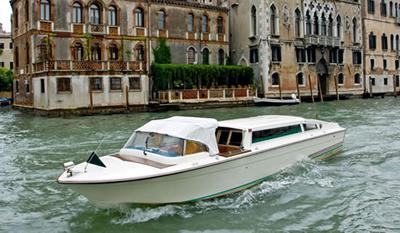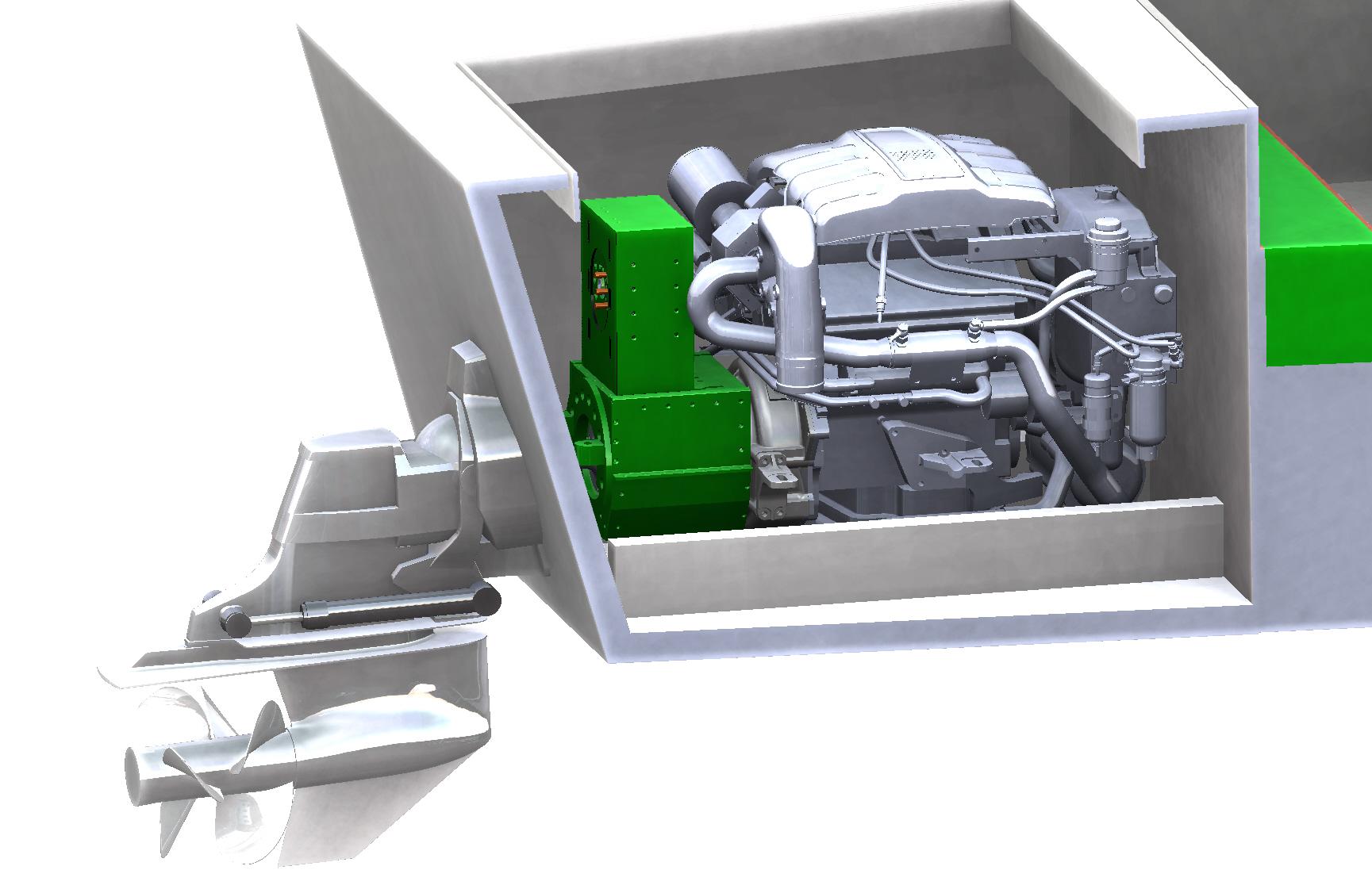Ditch the gondola? Venice could see a greener method of transportation in its canals
In the Italian city of Venice, approximately 20,000 leisure boats and 550 taxi boats cater to nearly 32 million visitors each year. All of its boats are currently diesel-powered, which means that Venice suffers from high levels of air and noise pollution. This type of pollution can affect the water, architecture and health of people around.

A team of engineers from the University of Southampton have come up with a cleaner and greener method of transportation. The team is developing an electric-hybrid engine for Venice water taxis to be used this summer.
The engineers are working with REAPsystems, a UK-based independent specialist in advanced propulsion systems, to create a clean drop-in hybrid diesel electric engine that can be installed by any boat builder and fitted into existing boats.
The system employs the latest diesel engine technology and is paired with a high-power, compact and efficient electric motor and inverter, as well as a modern lithium-ion battery and advanced system control unit.
While in the city, boat drivers can operate the engine to allow pure electric drive with no noise, pollution, vibrations, or fuel consumption. Once the boat hits medium to high speeds, the diesel engine automatically takes over, causing the electric motor to work as a generator, recharging the batteries and pushing the engine into a more efficient operation. The electric motor could also help reduce exhaust emissions.

“The benefits are clear: no noise, no pollution, no vibrations when operating in the city. Our demonstration with the water taxi will inform the local authorities, so they can tighten their regulations. Thus, the reduced maintenance cost and the halved fuel consumption will convince operators to switch to these green engines,” said Professor Suleiman Sharkh, Head of Mechatronics at the University of Southampton.
Hybrid-drive taxi boats will be tested this summer to coincide with new legislation concerning pollution from waterborne traffic.
The team has launched a crowdfunding campaign on Indiegogo to fund the development of the technology.
“Our crowdfunding campaign is a complete reversal of the usual commercial approach. We involve the public on our journey. This way we can kickstart the hybrid revolution together,” said Dr. Dennis Doerffe, REAPsystems chief technology officer.

Comments are closed, but trackbacks and pingbacks are open.